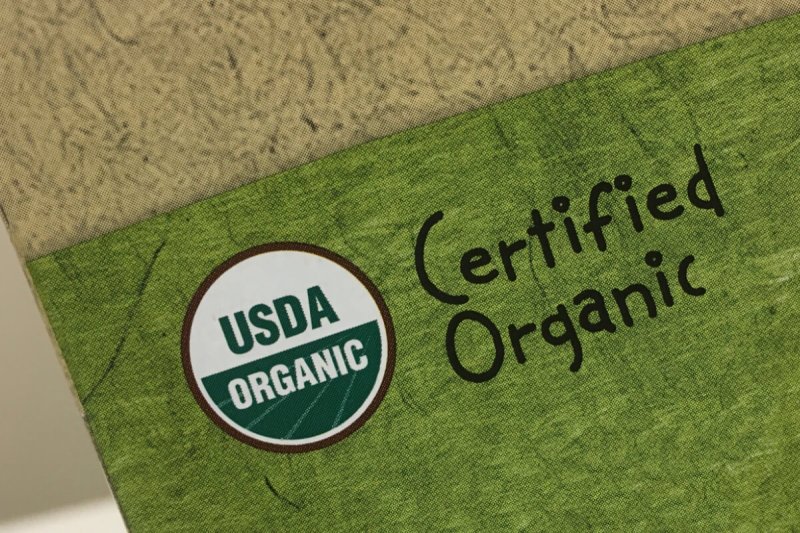Officially, the Environmental Protection Agency defines organic food as: “Food grown and processed using no synthetic fertilizer or pesticides.”
Products emblazoned with the U.S. Department of Agriculture’s organic seal follow these guidelines. And this system has proven to be financially lucrative.
A 2021 study found that most customers perceive organic food as healthier than conventionally grown produce—even if they don’t actually know what “organic” really means.
Pro-organic lobbying groups are taking advantage of this confusion, employing the label to cudgel against new types of food production technologies that could enjoy a massive boost if included.
Foods altered by biotechnology—i.e. GMOs—are unsurprisingly excluded from taking part in the organic farming market, despite the fact that they could be critical to helping us feed the world as climate changes, population increases, and disappearing arable land threatens to decimate some of our most important farming sectors.
…
In April of 2021, Oregon Congressman Peter DeFazio introduced the Continued Improvement and Accountability in Organic Standards Act, a bipartisan bill meant to improve federal oversight of organic processes and standards.
The bill hopes to finally update outdated language and open up the organic certification process to a more diverse field of food production. Hopefully, this includes laying out a path for bioengineering, and thus rapid growth in sustainability potential, within the organic market.































